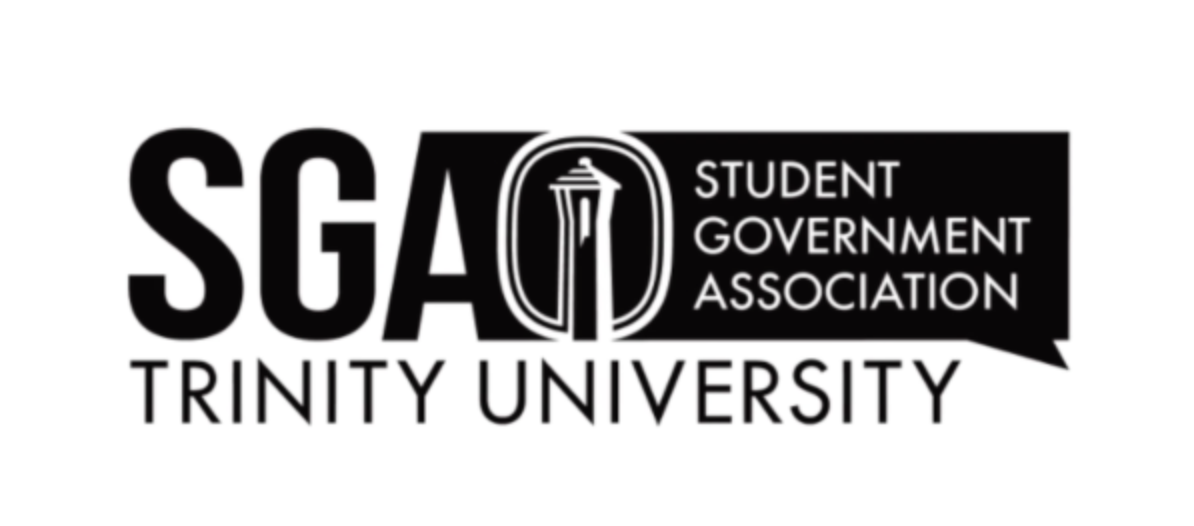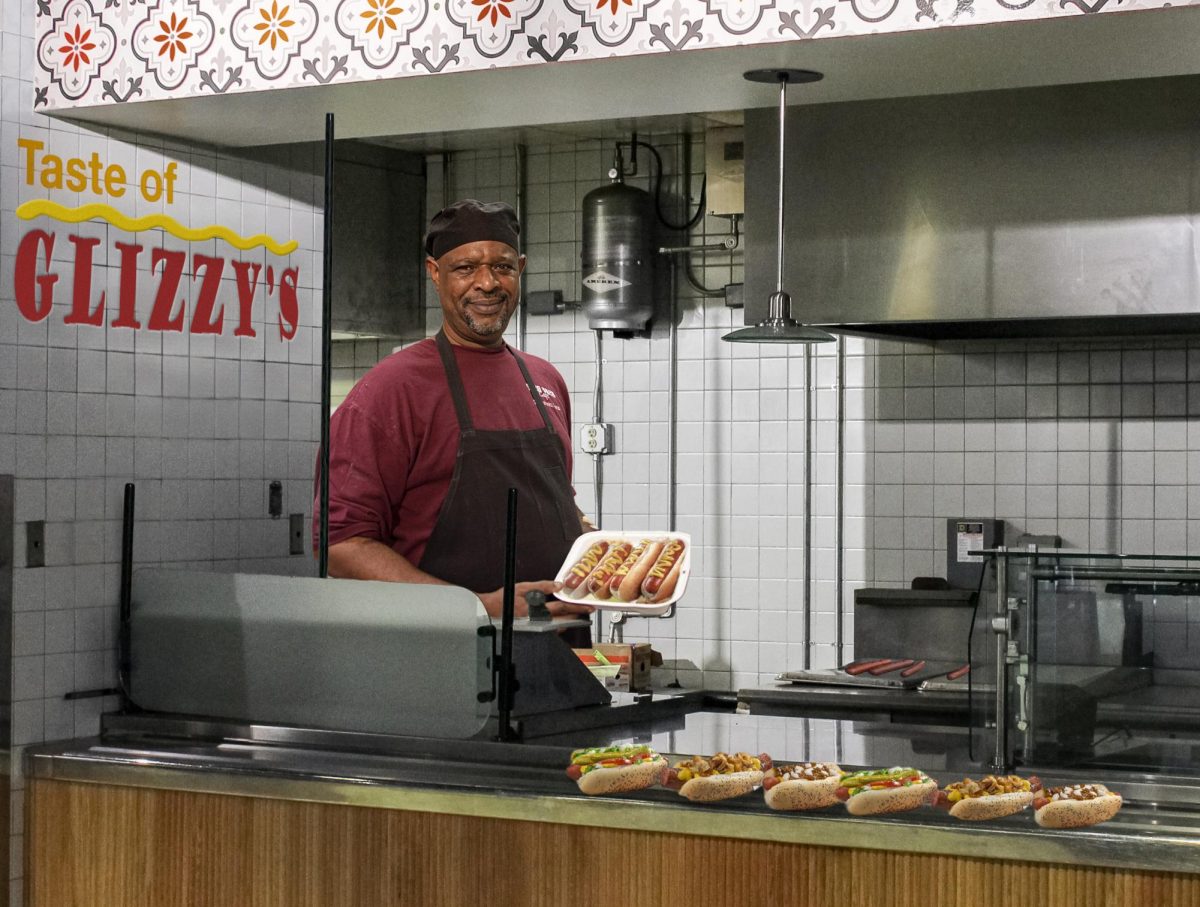Michael Fischer, vice president for academic affairs and co-chair of Trinity Tomorrow, sent the most recent version of the Strategic Plan to the Trinity community via email on April 1. The updated plan calls for the creation of the Center for Engaged and Experiential Learning, the Center for International Citizenship and the Student Success Center. The plan also calls for the construction of a new welcome center and formal entrance on upper campus.
While Fischer sent out the latest version of the Strategic Plan, it is likely not the last. According to Fischer, the Trinity Tomorrow committee will add performance metrics and a preliminary budget to the plan before it is finalized. The Trinity Tomorrow committee is a group of faculty, staff, students, alumni and trustees initiated by Dennis Ahlburg, president of the university, appointed and tasked with working on a comprehensive strategic plan to set the course for Trinity University.
According to John Greene, director of campus planning and sustainability, once the Board of Trustees adopts the strategic plan, Trinity will develop a facilities master plan.
“This plan will not only address those issues mentioned in the Strategic Plan but also a whole host of other facilities-related issues for which planning is needed over the next ten years,” Greene said. “It is anticipated that this process will take about one year to complete.”
According to John Greene the proposed centers will likely not entail construction of new buildings on campus.
“There has been no decision as to what physical form the proposed “˜centers’ might take,” Greene said. “It is my best guess that it is unlikely that any of them will involve the construction of a new building.”
The details of the plan follow the objectives set out in the beginning of the plan to “strengthen opportunities for experiential learning, foster “˜productive collisions’ as a defining characteristic of Trinity University, enhance students’ international engagement and awareness, and maximize the educational and personal benefits of a residential liberal arts university.”
“The strategic plan affirms our fundamental values and imagines a Trinity that is an even better university and an even more distinctive option for prospective students,” said Fischer. “Almost three years in the making, the plan has been strengthened by [faculty, staff, students, the Board of Trustees, and Trinity’s National Alumni Board’s] thoughtful deliberation and creative insights.”
According to Fischer, the strategic plan emerged from the Trinity Tomorrow committee and the entire Trinity Community. During Joe Moore’s term as president of the Association of Student Representatives, members of the Trinity Tomorrow committee presented an earlier version of the Strategic Plan to ASR.
“They showed us a prior draft of the Strategic Plan last year and let us ask questions about it. They also held a townhall meeting,” said Evan Lewis, vice president of ASR. “They let us give them feedback on the plan, but I haven’t seen the most recent version.”
Implementation of the Strategic Plan is contingent on final approval by the Board of Trustees.






